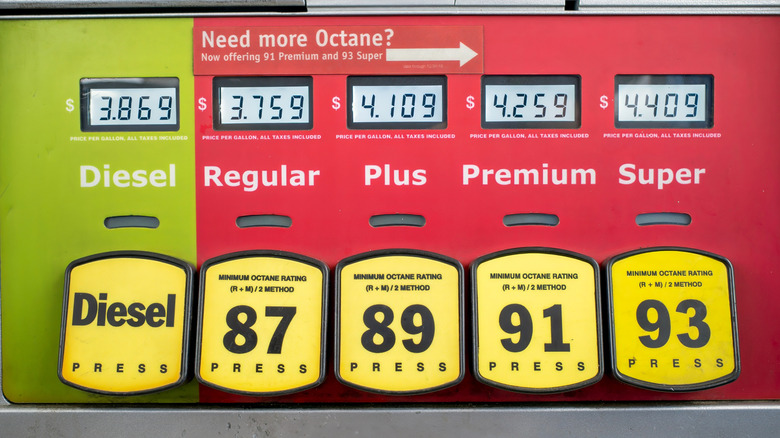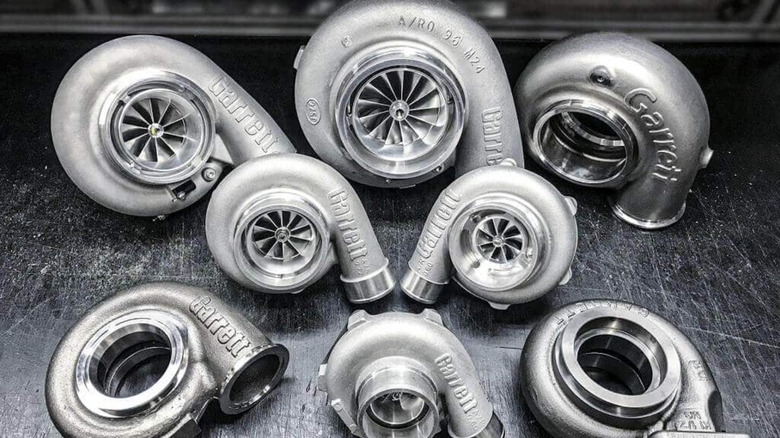Do Turbocharged Engines Actually Need Premium Gas?
When you go to a gas station, you are presented with several types of fuel, each labeled according to an octane number. While most cars can do with regular gas (generally 87 octane), it is often recommended to fill up turbocharged cars with premium gas. But do they really need it?
The simple answer is that turbocharged cars can indeed take advantage of premium gas and most manufacturers recommend using it. Some high performance cars need premium gas to run while other turbocharged cars are designed to run on regular gas as well if the manufacturer has tuned it accordingly. A good way to know if you need high-octane fuel is by searching for a sticker around the gas cap or just looking in the owner's manual. To understand it fully, we need to understand octane rating in a little more detail.
The octane number signifies the stability of the fuel. It is basically the ability of the fuel to withstand being compressed before ignition. The higher the octane number, the less likely it is to prematurely ignite and cause engine knock. Engine knock is basically the premature or uneven combustion of fuel in the combustion chamber. This could potentially damage the engine as well and thus is not desired.
How do turbocharged engines benefit from premium gas?
Turbochargers are used to enhance the performance of engines and work very differently from naturally aspirated ones. The air is compressed by the turbo and one can add more fuel to create a combustion cycle. The pressure inside the combustion chamber is extremely high and higher octane fuel, which is more resilient to premature ignition, is preferred in these conditions.
Adding higher octane fuel also means that the combustion is complete and turbocharged engines can take advantage of this by offering higher efficiency overall, which means they will make more power while also provide better fuel efficiency. Owners with naturally aspirated vehicles, or vehicles which are not designed to run on premium gas, might not be able to reap these benefits and will see little to no difference in the performance of their vehicle.
With modern electronic fuel injection systems in engines, not using premium gas probably won't be the end of the world since the engine can automatically detect knock, mainly due to the presence of knock sensors. The electronic control units can control the timing and rate of fuel injected in the combustion chamber, protecting the engine from getting damaged at the potential cost of reduced efficiency. Another side effect is that your vehicle might produce more carbon deposits due to improper or incomplete combustion. It is always recommended to use the fuel suggested by the manufacturer, and in the long run, the extra costs associated with premium gas might just be worth it.

